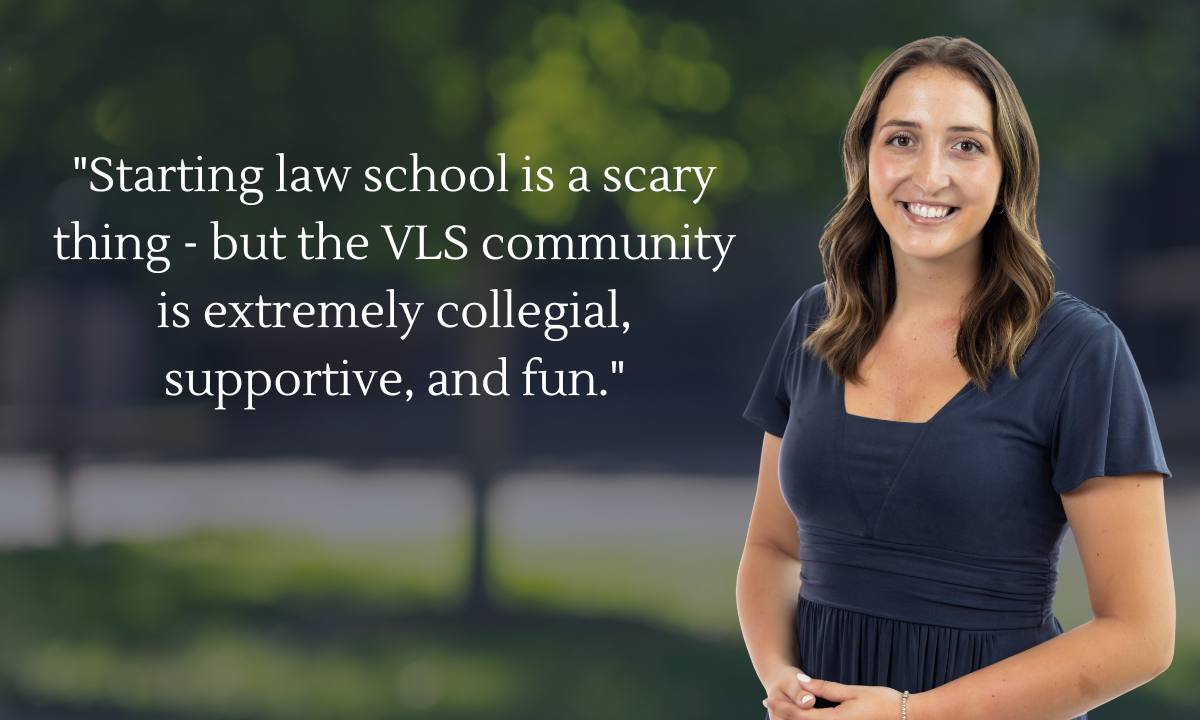Having studied law in both the United Kingdom, and in France, Sebastien Pepin was already on course for a career in international law when he joined Vanderbilt’s LL.M. program. Born in the U.K., Pepin studied in both England and France, his father’s native country, from Haute Savoie, while growing up. His bicultural background was one reason he chose to study law at university. “A law degree opens up the field to many professions,” he said.
Pepin’s desire to pursue international law practice first led him to earn an LL.M. at the University of Leiden in the Netherlands after earning law degrees in both the U.K. and France through a program offered by King’s College in London in conjunction with the University of Paris. He also worked at the International Criminal Court in the Netherlands on the team defending former Côte d’Ivoire President Laurent Gbagbo, and with three law firms in Paris in the international arbitration departments.
To complete his studies, he wanted to earn an LL.M. at an American law school. “The American legal system is unique—it is fundamentally different from any other country,” he said. “The way the different branches of government interact to perform checks on each other is very different from the systems in Britain and France. I wanted to better understand the governmental structure that underlies U.S. international decision-making and benefit from a first-rate education in international and foreign affairs matters.”
Pepin’s interest in the constitutional underpinnings of U.S. foreign relations led him to take Foreign Affairs with Professor Ingrid Wuerth in his fall semester. “Professor Wuerth’s teaching style is outstanding—she really challenges you to go deeper into your analysis of the topics and cases,” he said. “The conversation in class was extremely stimulating and thought-provoking, and the course provided me with a thorough grasp of the strengths and limitations of the federalist system which help understand the U.S. perspective on international legal issues.”
During the spring semester, Pepin took Constitutional Law I with Professor James Blumstein, a prominent constitutional law scholar, and the International Law Practice Lab with Professor Michael Newton, which gave him “a wholly new perspective on human rights law.”
One aspect of his classes Pepin particularly enjoyed was the Socratic method. “That fear of being put on the spot really encourages you to do the reading,” he laughed. “The Socratic method can seem daunting at first, but it paved the way for great class discussions and pushed us to really master the material.”
Small classes also contributed to Pepin’s educational experience at Vanderbilt Law. “I liked having classes—often small, intimate ones—with American students, which allowed me to build close relationships with my classmates and professors,” he said. “The collaborative work I did in classes here will help me deal with different situations in the workplace. Vanderbilt taught me the value of being engaged in your surroundings and the benefits of participating in the community in which you find yourself.”
Pepin describes Nashville, which is Tennessee’s state capital, as “a new and exciting international hub”—a good place for students to spent a year. “Nashville is growing, and the excitement surrounding the city and what it holds for the future creates a buzz and attracts people from all over the place,” he said.
After earning his LL.M. at Vanderbilt, Pepin sat for the New York Bar examination. He joined the International Chamber of Commerce in Paris, France, as deputy counsel in 2017.

